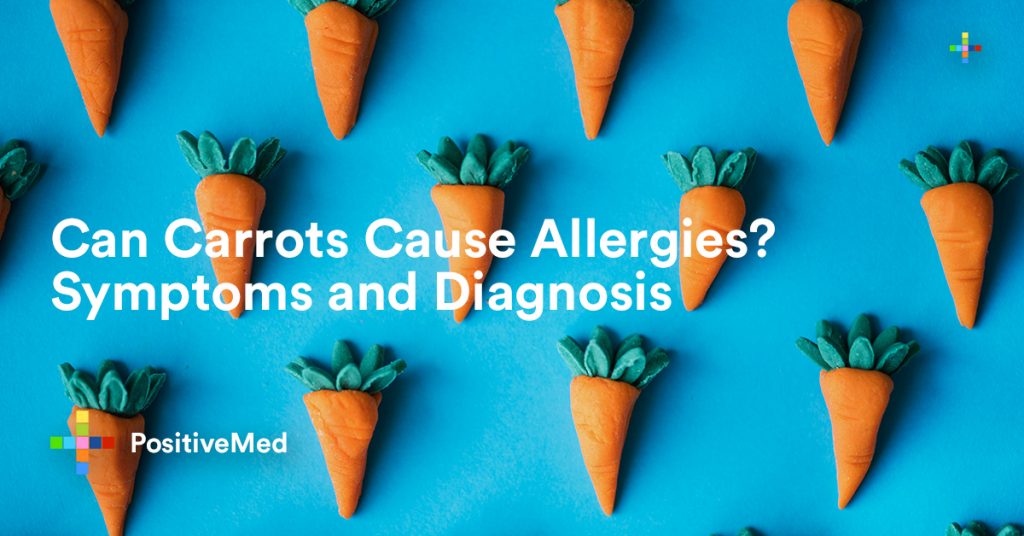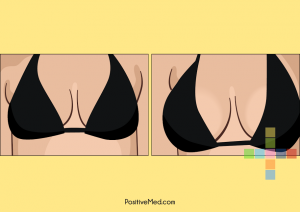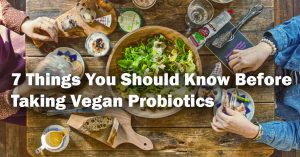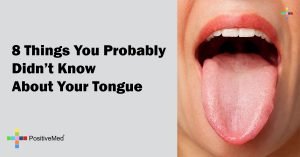You can be allergic to any kind of food. Although carrots are loaded with essential nutrients, but can carrots cause allergies? If you experience an allergic reaction to carrots, it may indicate you have an oral allergy syndrome. This is also called pollen-food allergy syndrome. With this condition, one can be allergic to other food like raw fruits, nuts, and vegetables.
Some of the symptoms that are commonly experienced after taking a trigger food include an itchy mouth, throat, or ears. Symptoms of allergy reaction to carrots can be severe, especially if you come into contact with the raw vegetables.
It is important to contact your doctor if you are allergic to any kind of food to find the best remedy.
This article examines the various symptoms, signs, and diagnosis of carrot allergy. We shall also check the types of food you should keep off.
Symptoms of Carrot Allergy
Itchiness in the mouth and throat are the most common symptoms of an allergic reaction to carrots. With this allergy, you may experience symptoms after consuming
Symptoms linked to carrot allergy can be minor or severe, but mostly tend to be mild. The most common ones include:
Swollen mouth
In some cases, the symptoms can be severe and medical assistance is required. They include:
Breathing difficulties or congestion
Hives
Cough
Swollen skin
Sneezing
Sore throat
Tightness in the chest
A runny nose
Though rare, anaphylaxis can strike. This happens to be a life-threatening allergic reaction that puts the body into a shock. It requires urgent medical intervention. It is recommendable to watch out for
Is Carrot Allergy Common?
In the United States, carrot allergy is not among the most common types of food reactions. However, they are quite common in European countries.
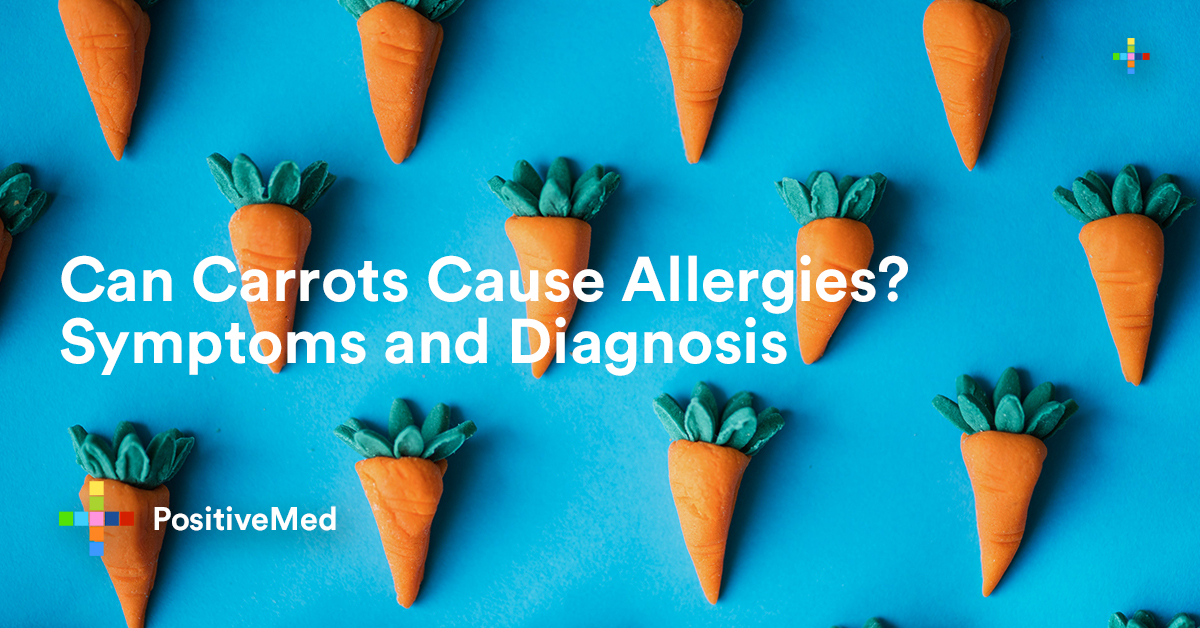
Diagnosis of carrot allergy
Visiting your doctor is very crucial if you have an allergy. The doctor will examine your symptoms as well as family history. He or she will then recommend
If the test turns out positive, you will develop tiny red bumps at the site.
Your doctor may recommend a specific diet which you should follow for a couple of days and keep a record of everything you consume and if there are any reactions. These records will help your doctor to determine if you have food allergy.
Based on the results, your doctor can suggest a food challenge. You will be requested to take a small portion of a suspected trigger food and reactions will be noted down.
Foods to Avoid
Most smoothies and vegetable juices shouldn’t be consumed because most contain carrots. Still, carrots can be found in other food products in large quantities. You should carefully check the following foods for ingredients if you have carrot allergy:
Marinades
Prepared pot roast
Canned stews and soups
Premade smoothies
prepacked rice dishes
Roasted meat dishes
Certain baked food
Premade cooking broth or stock
Some baked products
Some skincare and personal hygiene products can contain carrots. It is important to check the labels of soaps, face masks, and lotions.
Treatment of Carrot Allergy
The surest way to deal with carrot allergy is to avoid coming into contact with this vegetable. Your doctor may recommend antihistamines to reduce the effects of the allergic reactions. Persons who develop severe allergic reactions like anaphylaxis should seek medical assistance. Treatment involves:
Supplemental oxygen
Epinephrine
Steroids and antihistamines injection
Medications to open airways and enhance breathing
Chest compressions to help blood movement through the heart
Risk Factors
You are more likely to be allergic to carrot if you are allergic to other plants and foods such as birch pollen. If you are allergic to plants in the carrot and the parsley family, you can also be at risk. They include:
Dill
Parsley
Celery
Parsnips
Cumin
Coriander
Fennel
Caraway
People with a family history of carrot allergy are more vulnerable to develop such reactions. The same also applies if you suffer seasonal allergic reactions or if asthmatic.
When to Seek Medical Help
You should contact your doctor if you suspect to be allergic to carrots. Serious symptoms like anaphylaxis require immediate medical intervention. Other symptoms to watch out for include:
Fainting
Low blood pressure
A fast or weak pulse
Loss of consciousness
Breathing difficulties
Nausea and vomiting
Swollen throat or mouth
Diarrhea
Conclusion
There are several ways to prevent reactions if you are allergic to carrots. The best way is to avoid contact with carrots and other foods that contain them. It is important to check the labels of skincare and personal hygiene products to find out is carrots are among their ingredients.
Don’t hesitate to consult your doctor if you notice any symptoms associated with food allergies. There are some medications that can deal with the symptoms.
Edited by: Jessa (Feb. 24, 2019)
